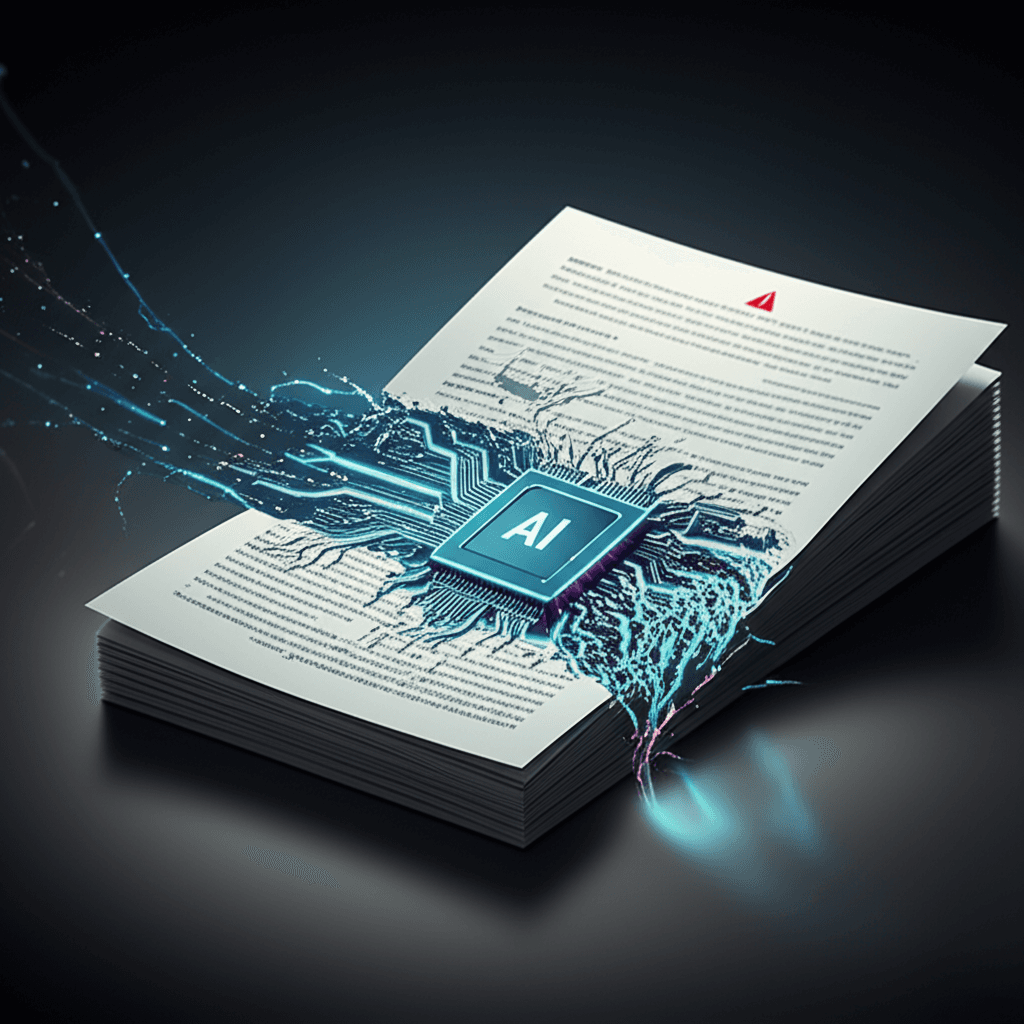AI "Hallucinations" Threaten Justice: Lawyers Submit Fake Court Filings Globally
AI's "hallucinations" generate fake cases and arguments, imperiling global justice and demanding rigorous due diligence from lawyers.
June 1, 2025

The burgeoning field of artificial intelligence has introduced a novel and troubling phenomenon into courtrooms worldwide: AI-generated "hallucinations" in legal filings. A recent analysis reveals that in at least 129 documented instances across 12 countries, lawyers have submitted legal content, including fictitious case citations and fabricated arguments, created by AI tools like ChatGPT. This development has sounded alarm bells throughout the legal profession and the AI industry, raising profound questions about ethical responsibility, due diligence, and the very integrity of the justice system.[1][2] These AI-generated falsehoods, often referred to as "hallucinations," occur when AI models, trained on vast datasets, attempt to fill in informational gaps, resulting in plausible-sounding but entirely made-up content.[1] The consequences of these errors have ranged from professional embarrassment and monetary sanctions for the lawyers involved to, in some cases, the dismissal of a client's case.[1][3]
The problem is not isolated to a few unwary practitioners; it has emerged in various jurisdictions, including the United States, the United Kingdom, Canada, Germany, and India, indicating a global challenge.[1][4] In one widely reported U.S. case, *Mata v. Avianca*, lawyers were fined $5,000 after their legal brief, researched using ChatGPT, included six non-existent cases.[1][4][5] The judge condemned this as an act of bad faith.[6] Similarly, in the UK, the High Court encountered a case, *Ayinde, R v The London Borough of Haringey*, where lawyers submitted arguments relying on five fabricated cases, one purportedly from the Court of Appeal.[6] The court noted that these fabrications were unnecessary, as legitimate legal authorities could have easily supported the arguments.[6] Even Michael Cohen, former lawyer to Donald Trump, inadvertently submitted fake case law generated by Google Bard to his own legal team.[6][5] A database created by French lawyer and data scientist Damien Charlotin tracks these instances, noting a significant rise from 36 documented cases in 2024 to 48 in just the first half of 2025, highlighting the escalating nature of the issue.[2]
The implications of submitting AI-generated fake legal content are manifold and severe. Firstly, it wastes the court's time and resources, as well as those of the opposing counsel, who must dedicate effort to exposing the inaccuracies.[7][8] This can lead to delays in the administration of justice for other litigants.[8] Secondly, it fundamentally undermines the integrity of the legal process and public trust in the judicial system.[1][7] If courts cannot rely on the veracity of the information presented to them, the foundation of legal decision-making is threatened.[1][8] Thirdly, lawyers who submit such filings face serious professional consequences, including sanctions, fines, damage to their reputation, and even disbarment.[9][3][10] Several judges have issued stern warnings, making it clear that while using AI for legal work is not inherently improper, lawyers remain fully responsible for the accuracy of their submissions.[6] The duty to verify sources and conduct reasonable inquiry into existing law remains unchanged, regardless of the tools used.[6][10]
The AI industry itself faces significant challenges and responsibilities in light of these developments. While AI tools offer the potential for increased efficiency in legal research and document drafting, their propensity to "hallucinate" poses a serious risk.[6][9][3][11] Experts emphasize that AI generates outputs based on patterns in data, not on verified truth, making human oversight and verification indispensable.[6] Some AI legal research tools, even those from commercial vendors, have been found to contain hallucinations, misdescribe case holdings, and fail to distinguish between litigant arguments and court rulings.[12] This underscores the need for AI developers to prioritize accuracy and build in safeguards to flag or prevent the generation of false information. Furthermore, the legal tech sector must work on educating users about the limitations of current AI capabilities and the critical importance of verifying AI-generated content.[3][12][11] There's also a growing discussion around the ethical implications of AI in law, including issues of bias in algorithms, transparency in how AI reaches conclusions, and data confidentiality when using AI tools.[13][14][15][16]
In response to this emerging crisis, legal professional bodies and courts are beginning to take action. The American Bar Association, for instance, has reiterated that lawyers' ethical obligations extend to ensuring the accuracy of all court filings, including those generated with AI assistance.[5] Some courts are now requiring lawyers to certify whether AI was used in preparing submissions and to confirm that any AI-generated content has been independently verified.[4][17] Law firms are also starting to implement internal policies and training programs to guide their attorneys on the responsible use of AI.[3][10] For example, major U.S. personal injury law firm Morgan & Morgan issued an internal warning that using AI-generated fake case law could lead to termination, after two of its attorneys faced potential sanctions for citing non-existent cases.[3][5] In Canada, after a lawyer submitted fictitious cases generated by ChatGPT, she was ordered to personally pay for the opposing party's remediation research costs.[18][19] These measures reflect a growing awareness that while AI can be a powerful assistant, it cannot replace the critical judgment, due diligence, and ethical responsibilities of human lawyers.[6][20][21] The legal profession is at a crossroads, tasked with harnessing AI's benefits while rigorously mitigating its inherent risks to maintain the integrity of the justice system.[4][20]
Sources
[1]
[2]
[4]
[7]
[10]
[11]
[13]
[15]
[17]
[18]
[19]
[20]
[21]